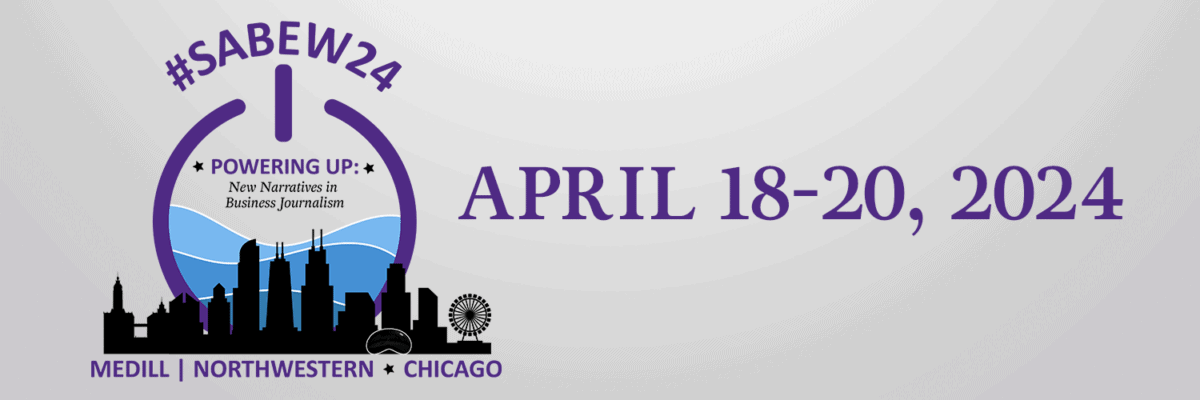by Andy Blye, Arizona State University
 When I was in the Peace Corps I lived in a very rural village and did not have access to the internet. I served in an African nation called Zambia and I lived 80 miles away from paved roads and grid electricity. To avoid boredom way out there in the bush, I would download podcasts on my phone when I went to town and bring them back to the village with me.
When I was in the Peace Corps I lived in a very rural village and did not have access to the internet. I served in an African nation called Zambia and I lived 80 miles away from paved roads and grid electricity. To avoid boredom way out there in the bush, I would download podcasts on my phone when I went to town and bring them back to the village with me.
I really loved listening to the Freakonomics podcast. Specifically, there was an episode called, “Everything You Always Wanted to Know About Money (But Were Afraid to Ask).” I listened to this episode, at about age 22, and realized that I was already far behind in having my financial life together.
At that point, I had almost no credit history, I had no credit cards, I had never looked at my credit score or even considered saving for retirement. Listening to Freakonomics made these weighty topics digestible and approachable. I realized that I had work to do, but I was not afraid to start. The only problem was that I was still in the Peace Corps and couldn’t do anything about my newfound zeal for personal finance.
While I was finishing up my time in the Peace Corps, I tried to strategize about what I needed to do to get my financial life in order once I got back to the States. The first step was to apply for credit cards. Even now, I kind of hate the idea of credit. I don’t want to have debt. If I can’t afford something I should save until I can purchase it outright. But with that mindset, I’ll never be able to own a home.
For better or worse, we live in a world where our credit scores mean a lot. So, we have to play the game. I got a few credit cards, but I am very disciplined about paying off the entire balance every month. Credit cards require responsibility, without it you could put yourself in a hole for a long time.
The next step was to monitor my credit. I did not have a long history of credit, but I wanted to keep an eye on my various credit scores as I built my history up. There are lots of different ways to monitor your credit, I have the service as a part of one of my credit cards.
I also put aside some money to save for retirement. It was not a lot of money, but I opened an account with an investment company and put it all in an S&P 500 Index Fund. There are lots of opinions out there about the best way to save for retirement, I did my research and make the best decision for me.
Lastly, I started keeping a strict budget. I made projections about gas usage, food consumption, and tried to quantify a dollar number to put on having fun. I keep receipts from all my transactions and enter them into one of my various budgeting spreadsheets.
I’ve learned a lot about money in the time since I first heard that podcast, but it all started with wondering. What’s the best way to save money? Where am I losing money? How do I get organized about my money? Each one of these questions is a starting place. I’m so thankful I took the time to get informed about this topic, and I truly don’t know how I got by before!
Andy Blye is a student at Arizona State University’s Walter Cronkite School of Journalism and Mass Communication.






